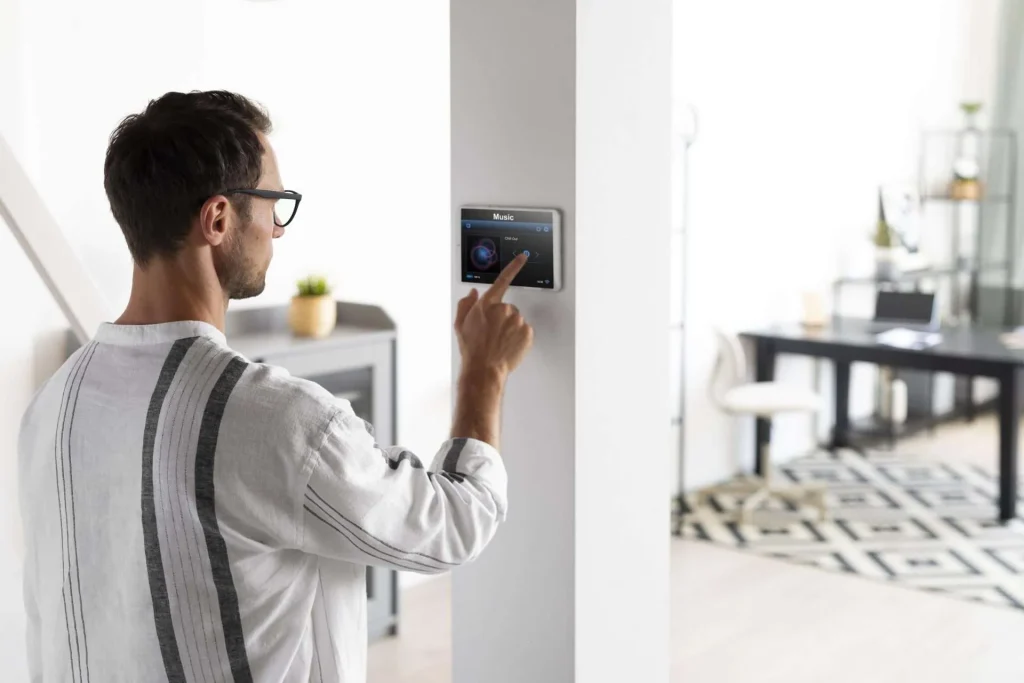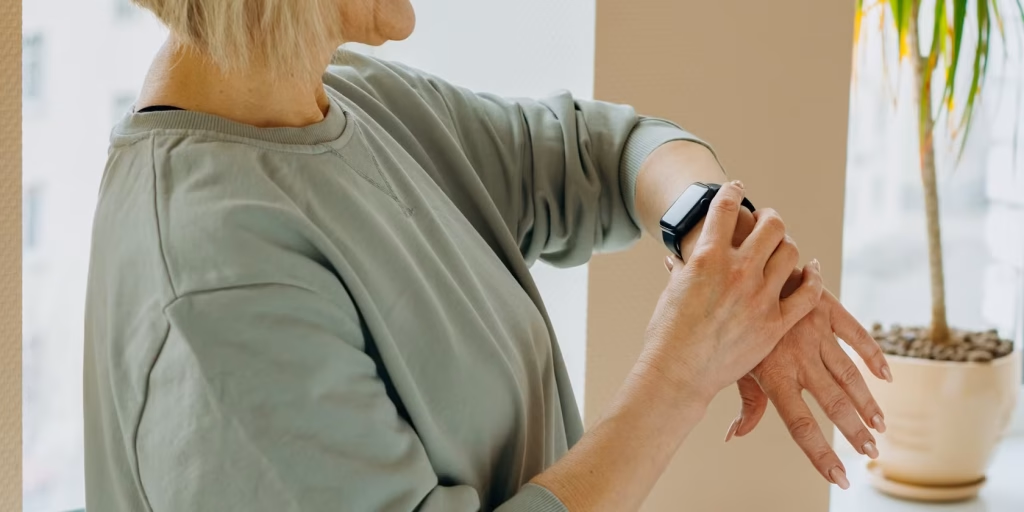Over 50% of adults 65+ experience regular sleep problems, reports the Sleep Foundation. Age-related changes in sleep architecture combined with medications and health conditions create perfect storms for insomnia. These science-backed solutions can help.
Understanding Senior Sleep Changes
- Reduced deep sleep (less tissue repair)
- Advanced sleep phase (tired earlier, awake earlier)
- More frequent awakenings
- Decreased melatonin production
Non-Medication Strategies
Light Therapy: Morning bright light exposure resets circadian rhythm
Temperature Regulation: Keep bedroom at 65°F; consider cooling mattress pad
Sleep Restriction: Limit time in bed to actual sleep time +30 minutes
Stimulus Control: Use bed only for sleep and intimacy
Natural Sleep Aids
Tart Cherry Juice: Natural source of melatonin and tryptophan
Magnesium Glycinate: 200-400mg before bed relaxes muscles and mind
Valerian Root: Shown to improve sleep quality in clinical trials
When to Seek Help
- Chronic insomnia lasting >1 month
- Excessive daytime sleepiness
- Signs of sleep apnea (snoring, gasping)
- Restless legs disrupting sleep
Medication Considerations
Many sleep aids (especially benzodiazepines) increase fall risk and may cause next-day drowsiness. Safer options for seniors include:
- Low-dose melatonin (0.5-3mg)
- Trazodone (short-term use)
- Non-prescription antihistamines (occasional use only)
A 2023 University of Pennsylvania study found that cognitive behavioral therapy for insomnia (CBT-I) provided better long-term results than medications for older adults, with 70% maintaining improved sleep a year later.




